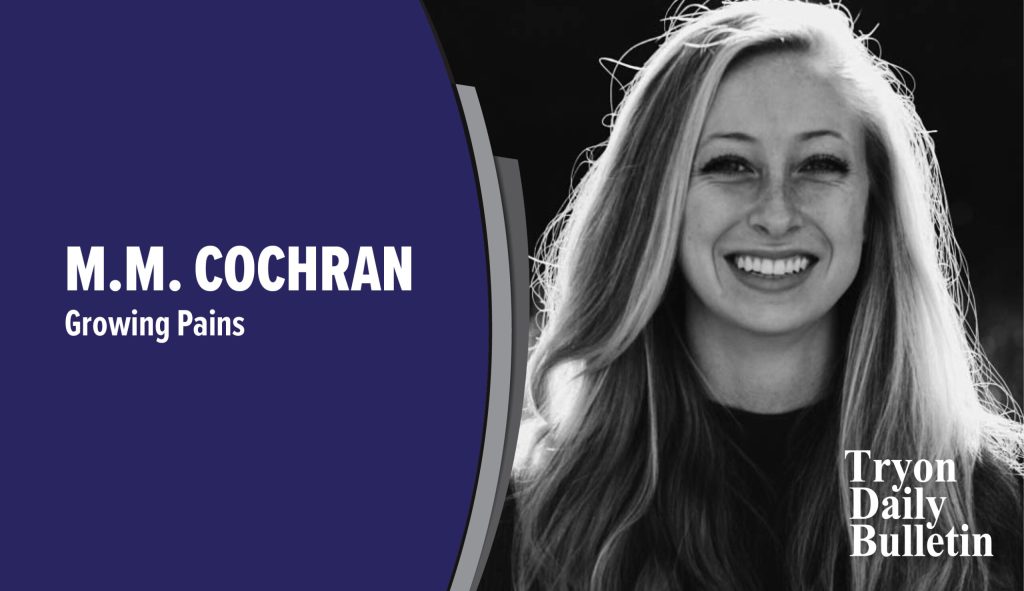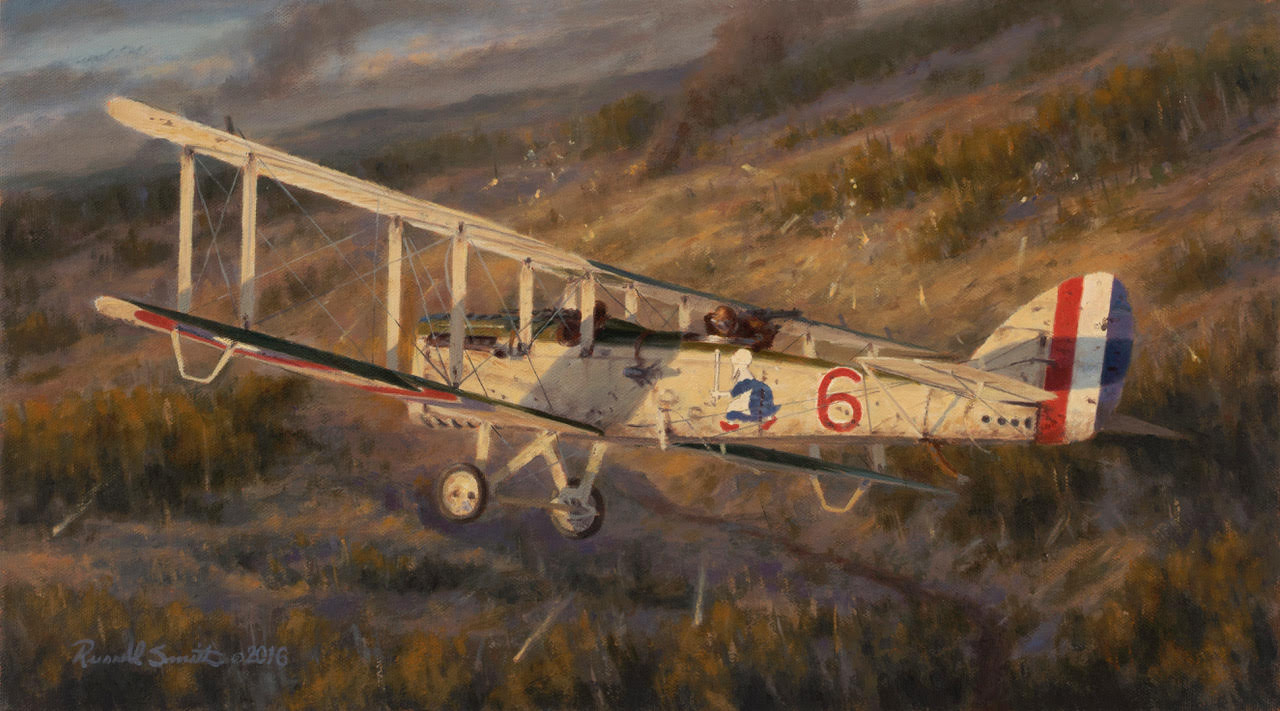Chasing deadlines, writing history
Published 12:19 pm Friday, July 26, 2024
|
Getting your Trinity Audio player ready...
|
I remember the first day I walked into the Tryon Daily Bulletin building. August, 2018.
Resume in hand, I opened the door only to be shocked at the beauty of this antique building. The brick walls, the original ceiling, even the delicate touches of green that really gave the cozy space a warm feel.
It took me weeks to try and hook the editor at the time to hire me. I knew I was young, and I knew I had no experience. But I was persistent, he said. And that’s what he liked. So he hired me as a freelancer and then an intern, and then, finally, I was writing the majority of the articles in the Tryon Daily Bulletin in 2022.
Trending
My career sprung me into a full-time position for a larger paper years later at The Greer Citizen. Six months in, I was named editor. And I’m sitting in my Greer office now, beside one of our most recent prints that says, “Greer Citizen closing operations,” and I’m waiting for July 31 to roll around so I can really give myself the chance to accept that, for now, my journalism career is coming to a screeching halt.
I can’t slow it down, but I’m holding out my hands, bracing for impact, hoping to come away on the 31st unscathed after I watch the Greer Citizen come to an end. But I’ll be scratched up and bruised, afraid to move on into open doors because I’ve become so attached to my comfort place, my comfort job, the people I see every day.
An interview opportunity with The Post and Courier sits in my inbox. I’ll open it when I’m ready and when I can catch my breath between the final articles and all these goodbyes.
When I started my job at The Greer Citizen, was I nervous? No. This wasn’t my first rodeo. It was my first FULL-TIME rodeo, but it wouldn’t be the first time I worked in a newspaper office, conducted interviews, and wrote articles.
I’d shown up at 9 a.m. on my first day with zero instructions, but I had a deadline to meet at 10 a.m. I had a Q&A due.
Out of luck and almost time, I sat in my car and phoned every opportunity I had until I’d landed a Q&A. There in my car, I wrote my first article for The Greer Citizen and sent it in at 9:59.
Trending
Deadline met.
And that’s what journalism is. It’s what it always has been. Meeting deadlines, chasing leads, anything but a 9-5 office job. It’s a late-night, writing-my-column-in-bed position. It’s an interview-in-someone’s-living-room position. A listening-to-citizen’s-concerns-and-investigating-the-issues job. It’s knowing that you’ll be hated by people who have something to hide but writing the story anyway. It’s keeping accounts of meetings even though it’s your least favorite part of the job. It’s conducting interviews where people cry when they talk about their marriage of 69 years, their memories of being a firefighter, the people that their non-profit volunteers have helped.
It was journalists who announced the sinking of the Titanic. It’s newspapers that covered WWII. When the infamous Memphis Belle flew its 25th mission over Europe, it was writers that shared the story of those brave pilots and crew members.
The most significant moments in history can be found in print. The words might be faded, and the pages might be yellow, and there might even be only one hard copy left of whatever story you’re looking for, but I can promise it is archived.
I can promise that there is an account of history thanks to award-winning journalists and newspapers like we have at The Greer Citizen and the Tryon Daily Bulletin. But after the industry breathes its last, all we can depend on is technology. Screens. Internet.
My heart breaks for the loss of the printed press, and I hope yours does, too. I want to hold on tightly to this part of history, and I hope the rest of you do, too.
Editor’s Note: The printed publication here in Tryon continues to remain strong, thanks to your support, our dear readers, and the communities that we serve.






